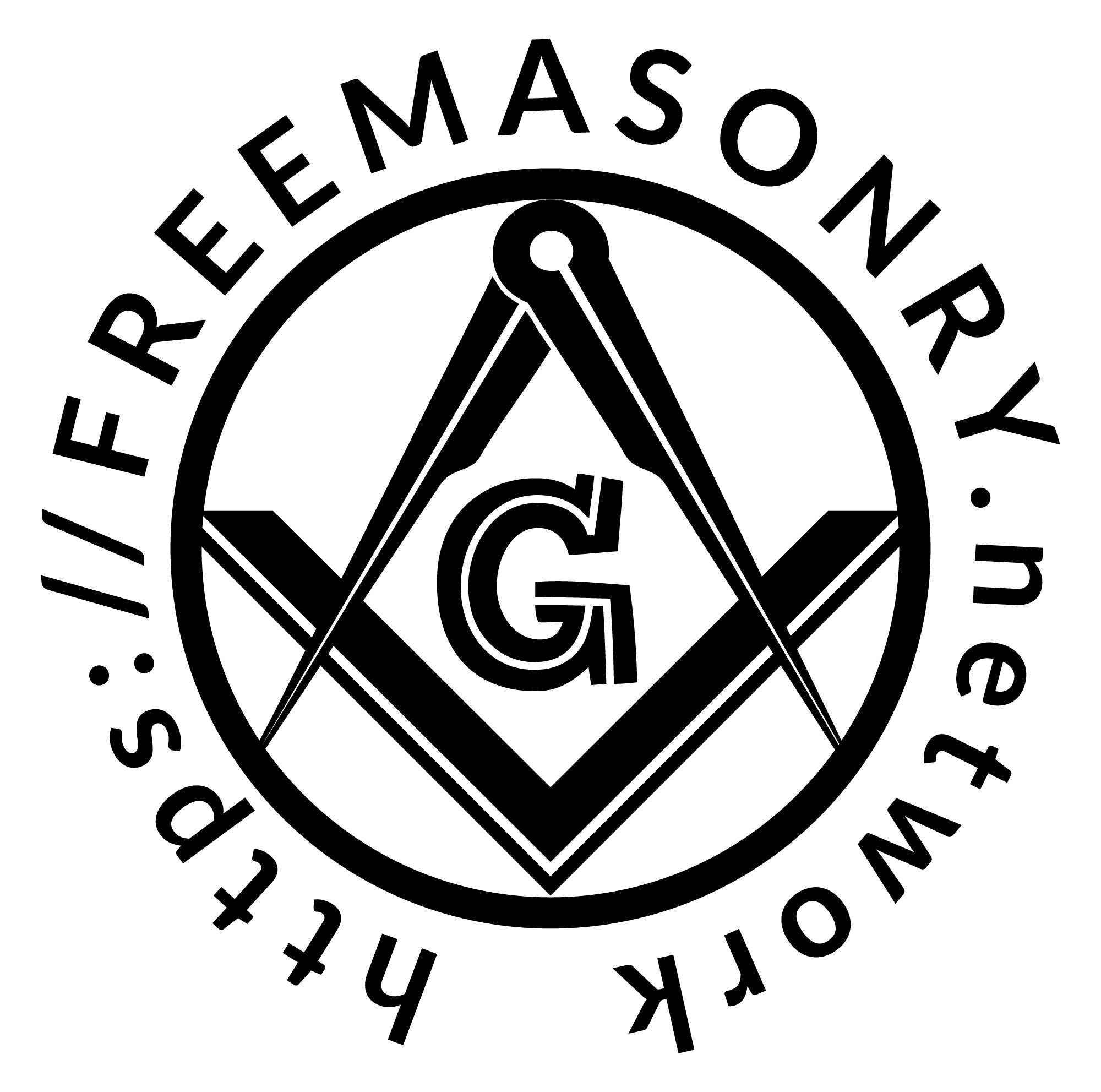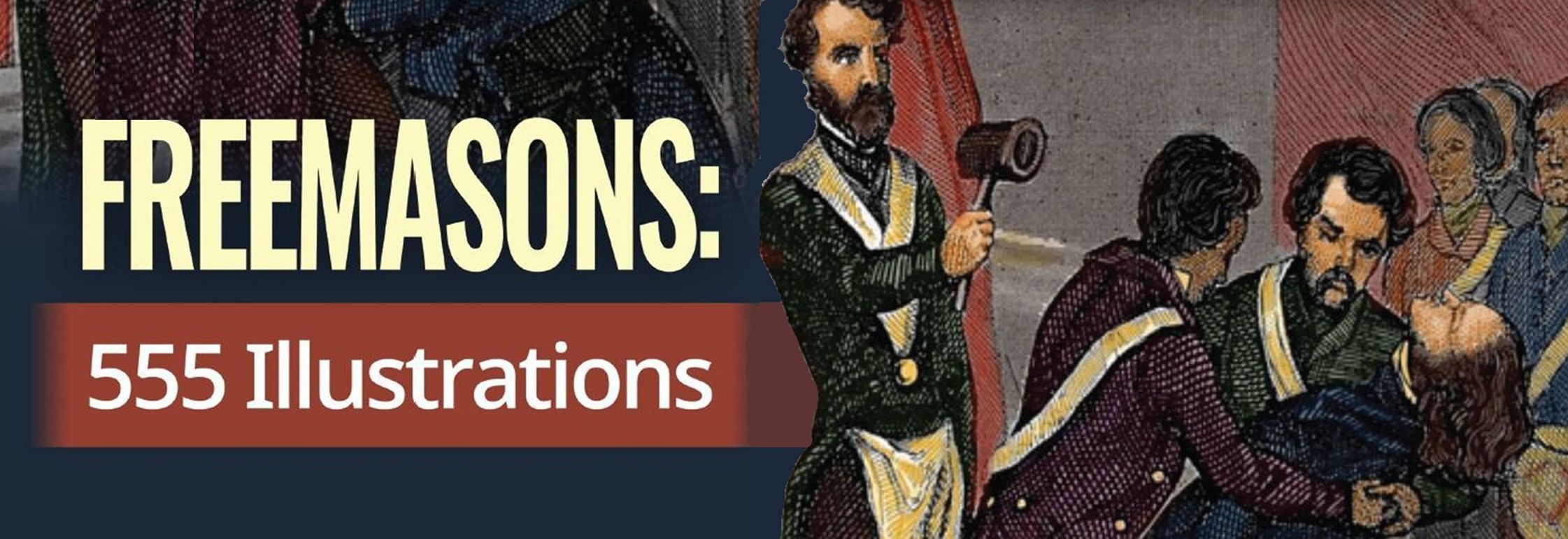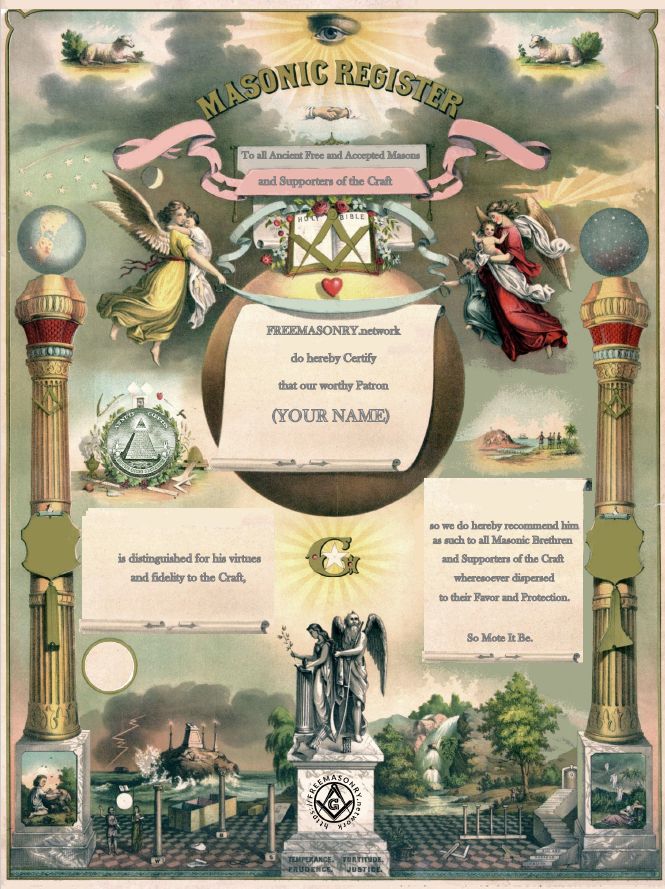In 1799, English Freemasonry almost came to a halt due to Parliamentary proclamation. In the wake of the French Revolution, the Unlawful Societies Act banned any meetings of groups that required their members to take an oath or obligation.
The Grand Masters of both the Moderns and the Antients Grand Lodges called on Prime Minister William Pitt (who was not a Freemason) and explained to him that Freemasonry was a supporter of the law and lawfully constituted authority and was much involved in charitable work. As a result, Freemasonry was specifically exempted from the terms of the Act, provided that each private lodge’s Secretary placed with the local “Clerk of the Peace” a list of the members of his lodge once a year. This continued until 1967, when the obligation of the provision was rescinded by Parliament.
Freemasonry in the United States faced political pressure following the 1826 kidnapping of William Morgan by Freemasons and his subsequent disappearance. Reports of the “Morgan Affair”, together with opposition to Jacksonian democracy (Andrew Jackson was a prominent Mason), helped fuel an Anti-Masonic movement. The short-lived Anti-Masonic Party was formed, which fielded candidates for the presidential elections of 1828 and 1832.
In Italy, Freemasonry has become linked to a scandal concerning the Propaganda Due lodge (a.k.a. P2). This lodge was chartered by the Grande Oriente d’Italia in 1877, as a lodge for visiting Masons unable to attend their own lodges. Under Licio Gelli‘s leadership, in the late 1970s, P2 became involved in the financial scandals that nearly bankrupted the Vatican Bank. However, by this time the lodge was operating independently and irregularly, as the Grand Orient had revoked its charter and expelled Gelli in 1976.
Conspiracy theorists have long associated Freemasonry with the New World Order and the Illuminati, and state that Freemasonry as an organisation is either bent on world domination or already secretly in control of world politics. Historically, Freemasonry has attracted criticism—and suppression—from both the politically far right (e.g., Nazi Germany) and the far left (e.g. the former Communist states in Eastern Europe).
Even in modern democracies, Freemasonry is sometimes viewed with distrust. In the UK, Masons working in the justice system, such as judges and police officers, were from 1999 to 2009 required to disclose their membership. While a parliamentary inquiry found that there has been no evidence of wrongdoing, the government believed that Masons’ potential loyalties to support fellow Masons, should be transparent to the public. The policy of requiring a declaration of masonic membership by applicants for judicial office (judges and magistrates) was ended in 2009 by Justice Secretary Jack Straw (who had initiated the requirement in the 1990s). Straw stated that the rule was considered disproportionate, since no impropriety or malpractice had been shown as a result of judges being Freemasons.
Freemasonry is both successful and controversial in France. As of the early 21st century, membership is rising, but reporting in the popular media is often negative.
In some countries anti-Masonry is often related to antisemitism and anti-Zionism. For example, in 1980 the Iraqi legal and penal code was changed by Saddam Hussein‘s ruling Ba’ath Party, making it a felony to “promote or acclaim Zionist principles, including Freemasonry, or who associate [themselves] with Zionist organisations”. Professor Andrew Prescott of the University of Sheffield writes: “Since at least the time of the Protocols of the Elders of Zion, antisemitism has gone hand in hand with anti-masonry, so it is not surprising that allegations that 11 September was a Zionist plot have been accompanied by suggestions that the attacks were inspired by a masonic world order”.
(the source/read more: Wikipedia)
.














